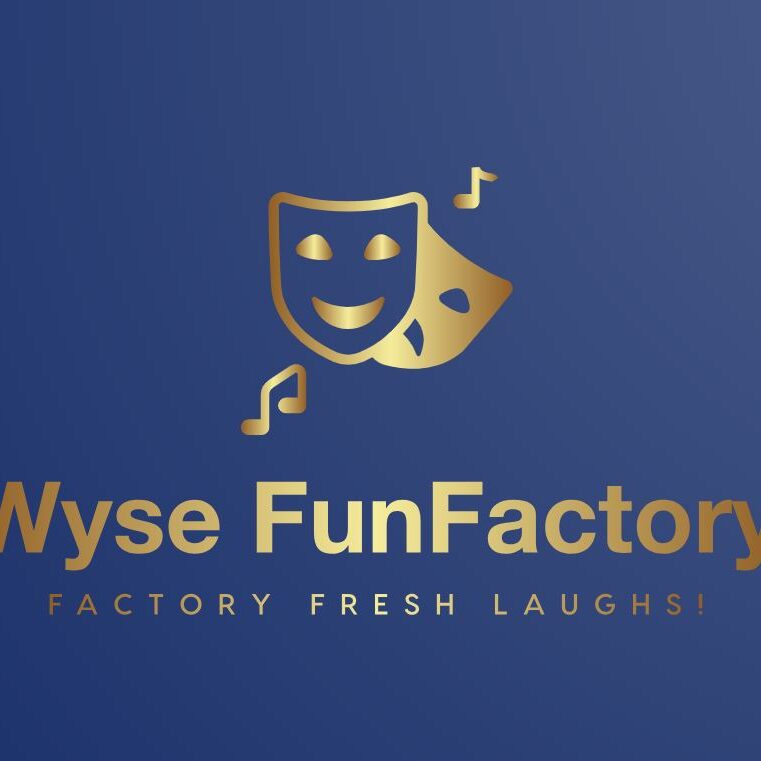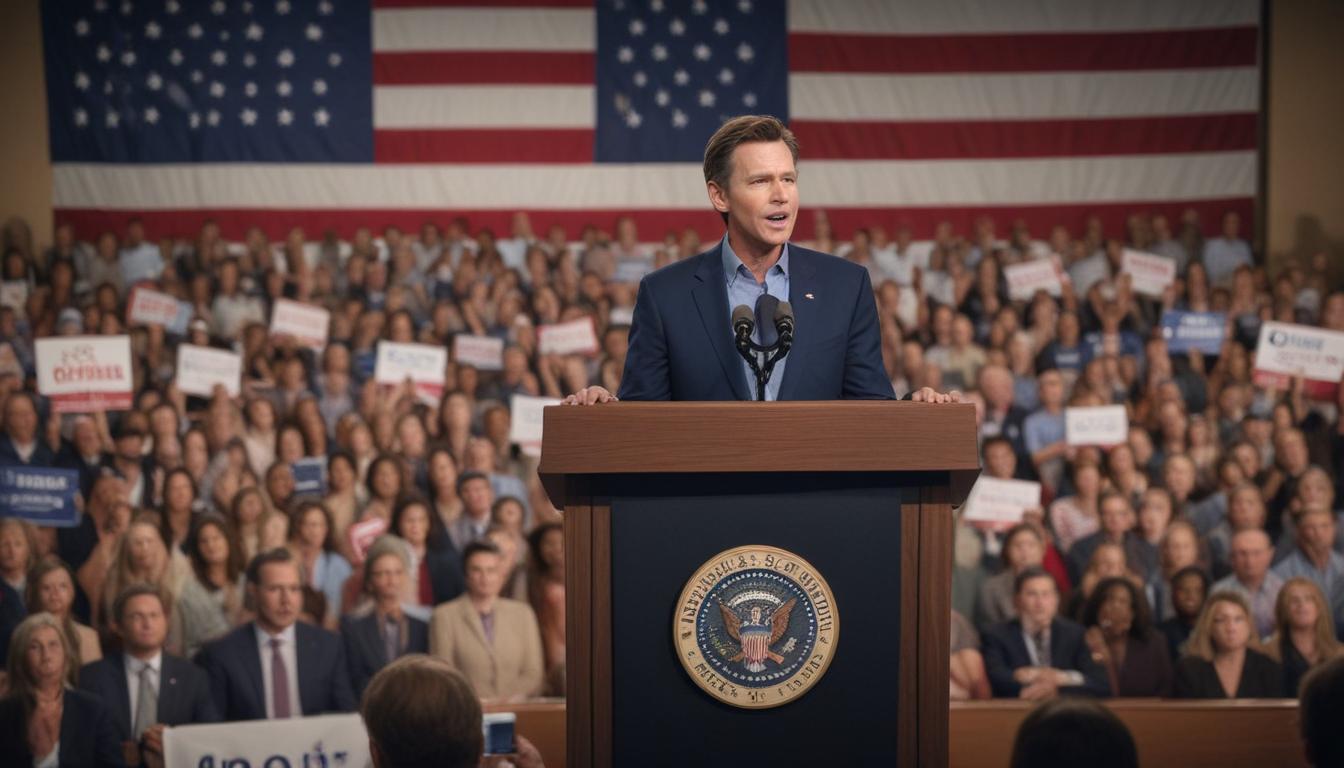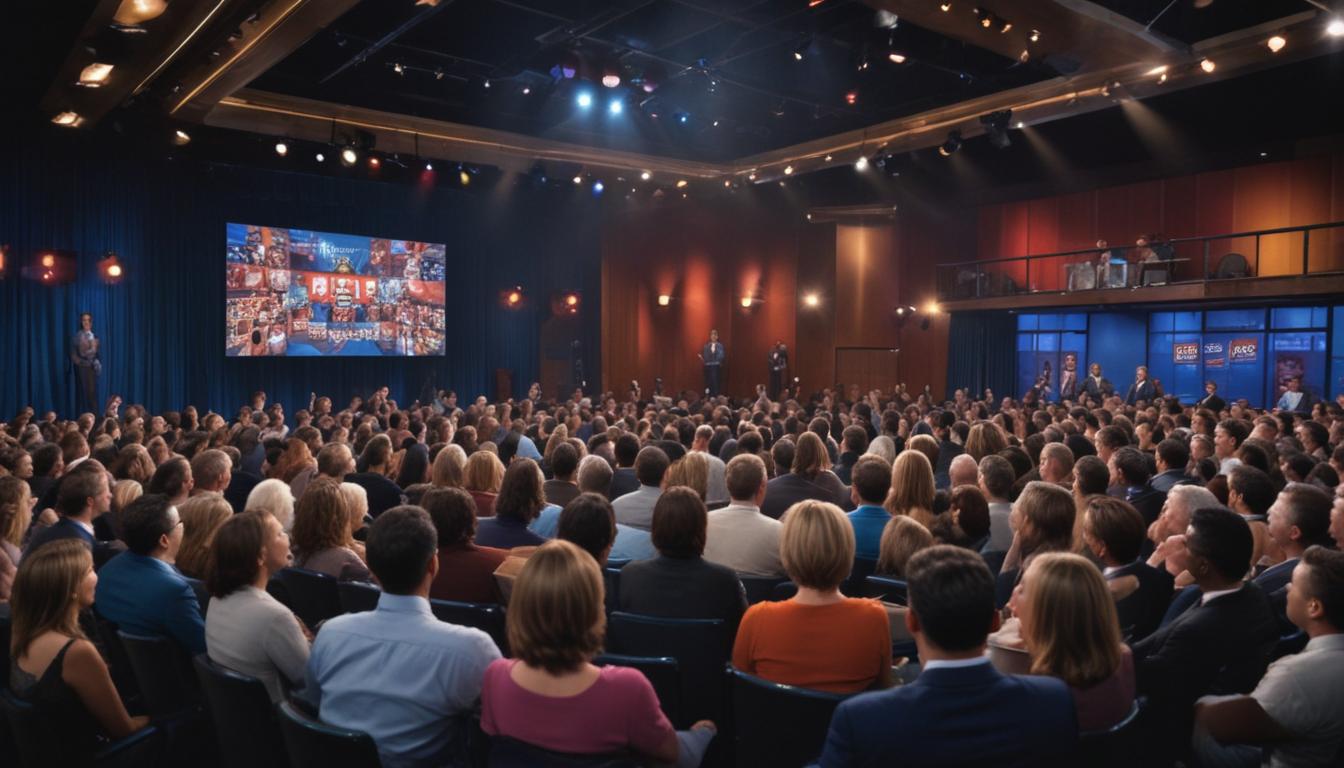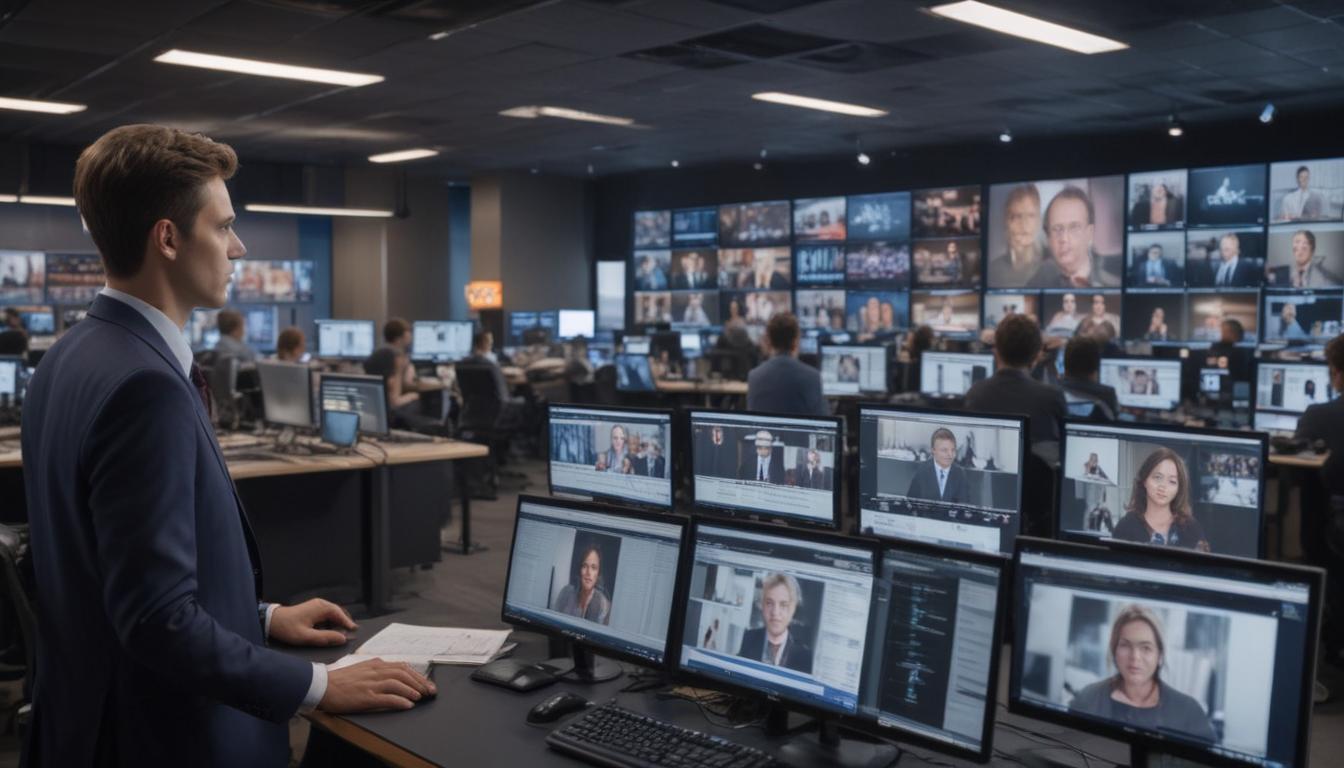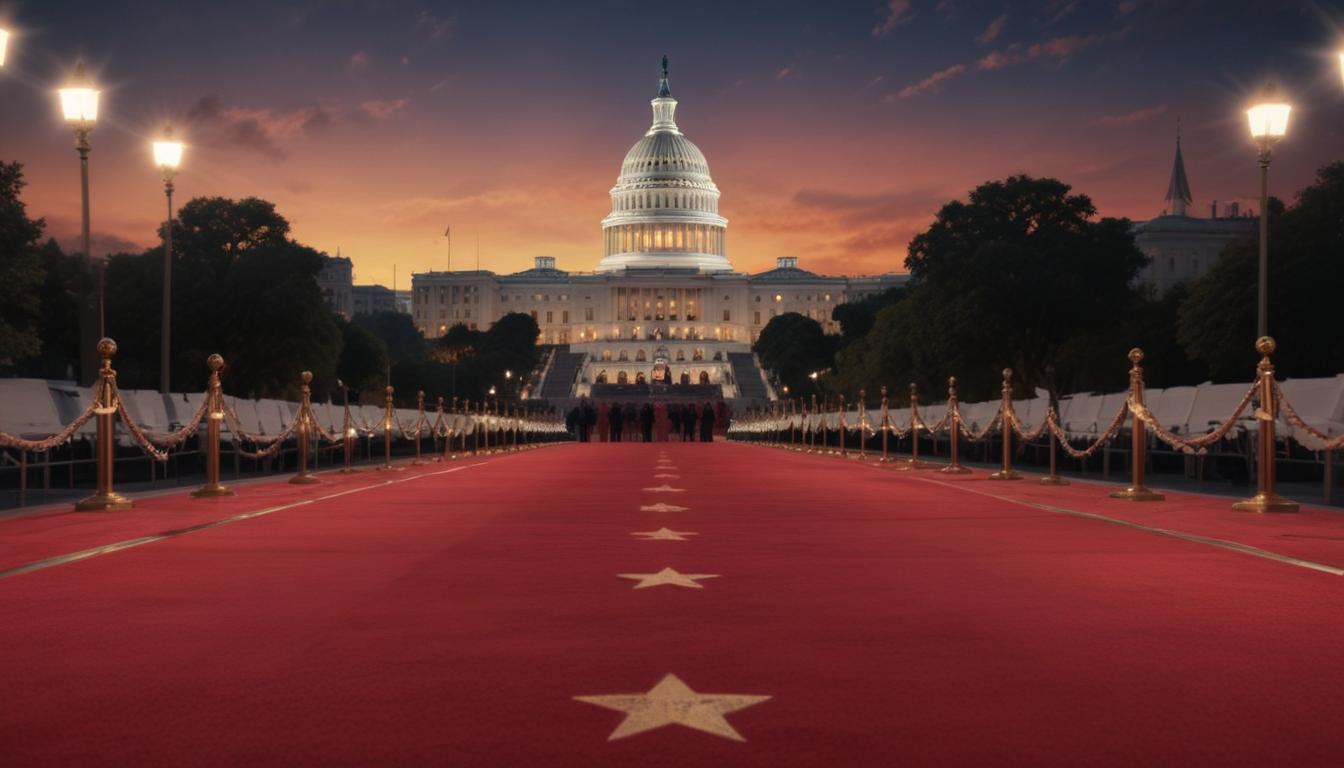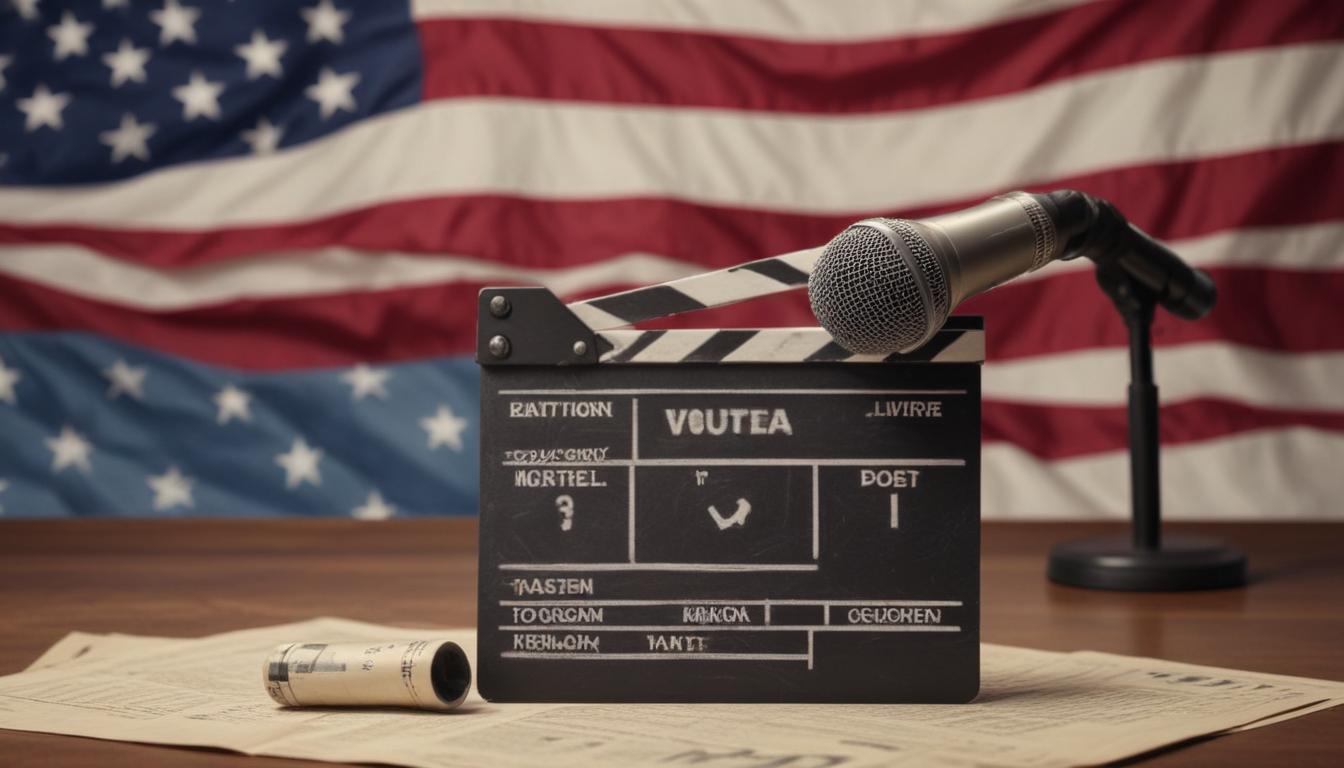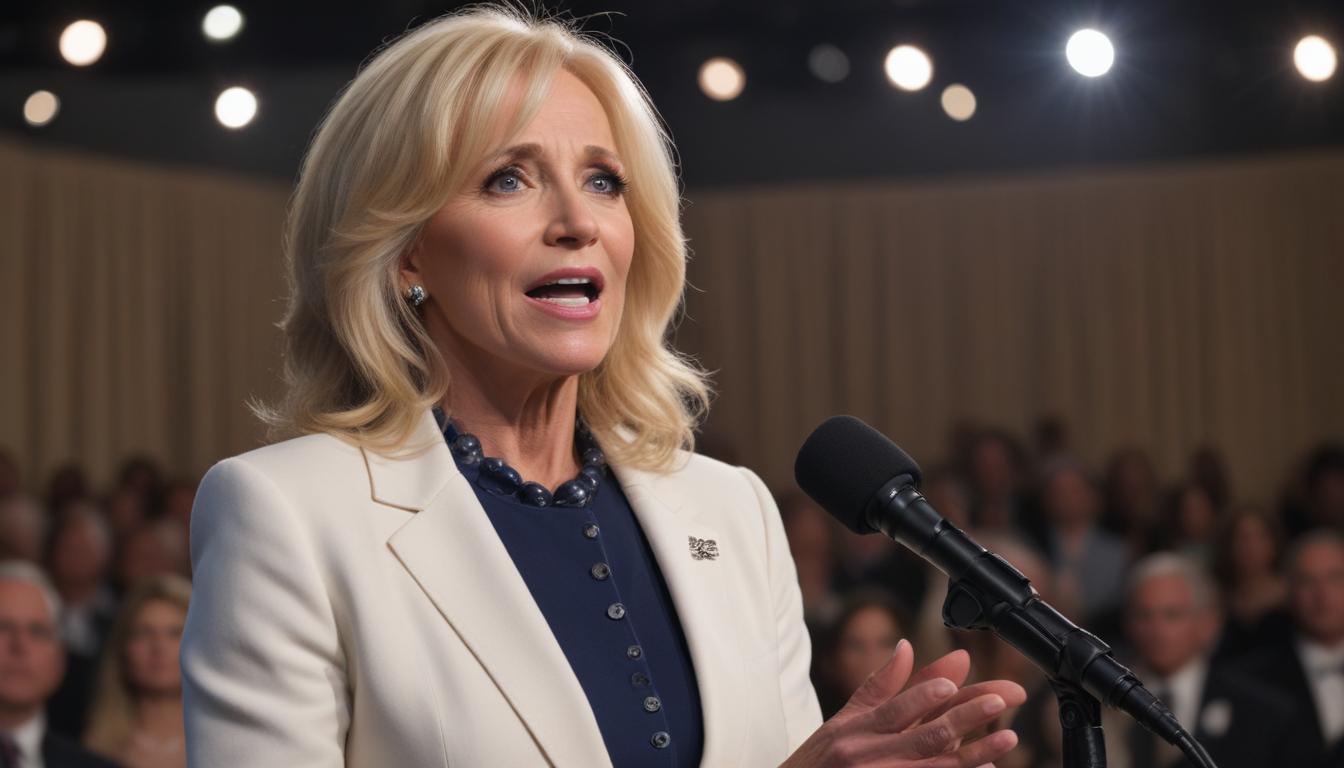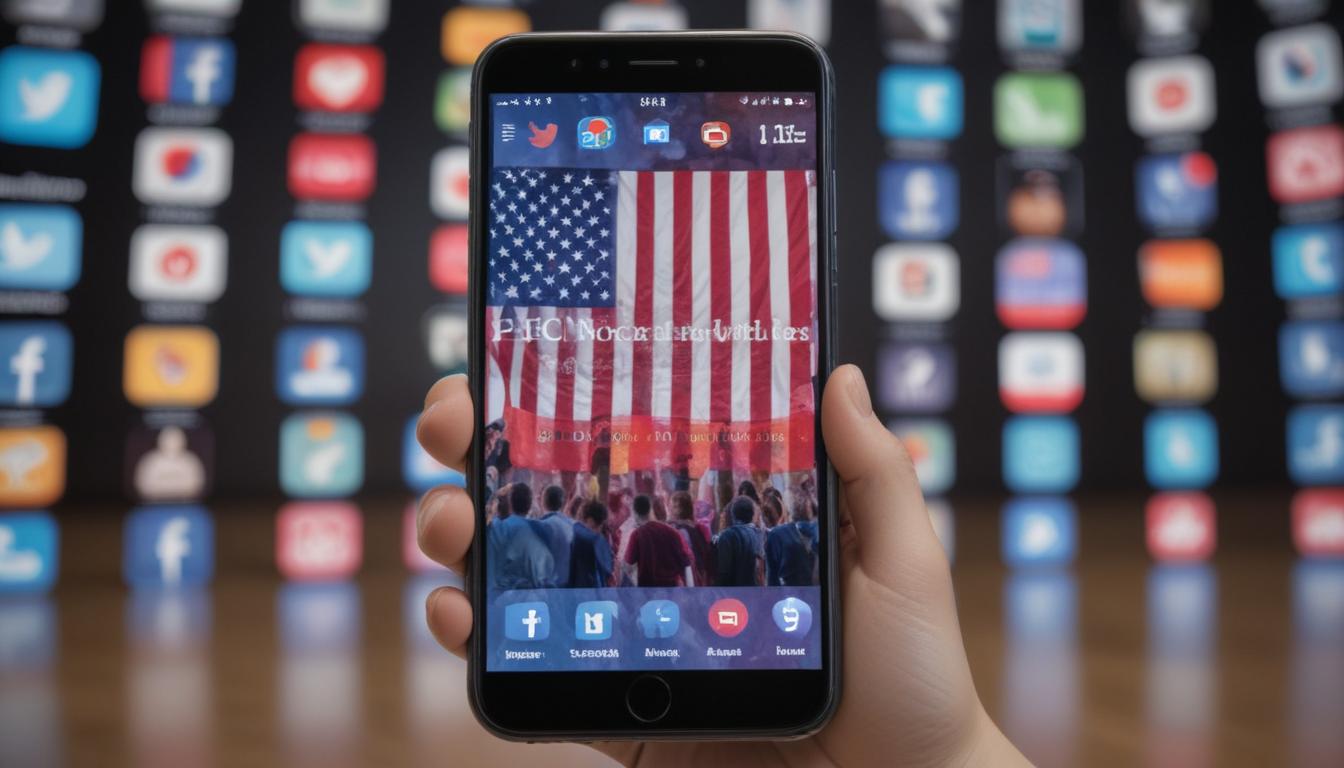How Celebrity Influence Shapes Political Discourse in the United States
Celebrity Endorsements and Political Campaigns
One key way celebrities impact politics is through endorsements. When celebrities speak out during elections or political debates, they can sway millions of their followers. This influence often helps politicians gain visibility, especially among younger demographics who traditionally show lower voter turnout.
Celebrity endorsements lend an aura of glamour and public appeal to politicians, essentially turning political campaigns into media events. For instance, actors, musicians, and athletes endorsing presidential candidates can reach audiences who previously may have shown little interest in politics. Politicians often use these endorsements to tap into pop culture and broaden their appeal, reaching groups who may have felt excluded from the traditional political conversation.
Moreover, celebrity-fronted social media campaigns are effective in mobilizing activists and focusing national attention on pressing social justice issues. By leveraging their vast networks, celebrities can amplify the voices of marginalized communities and promote voter registration initiatives. However, this raises the question: Are these endorsements based on a deep understanding of policies, or is personal popularity driving the influence?
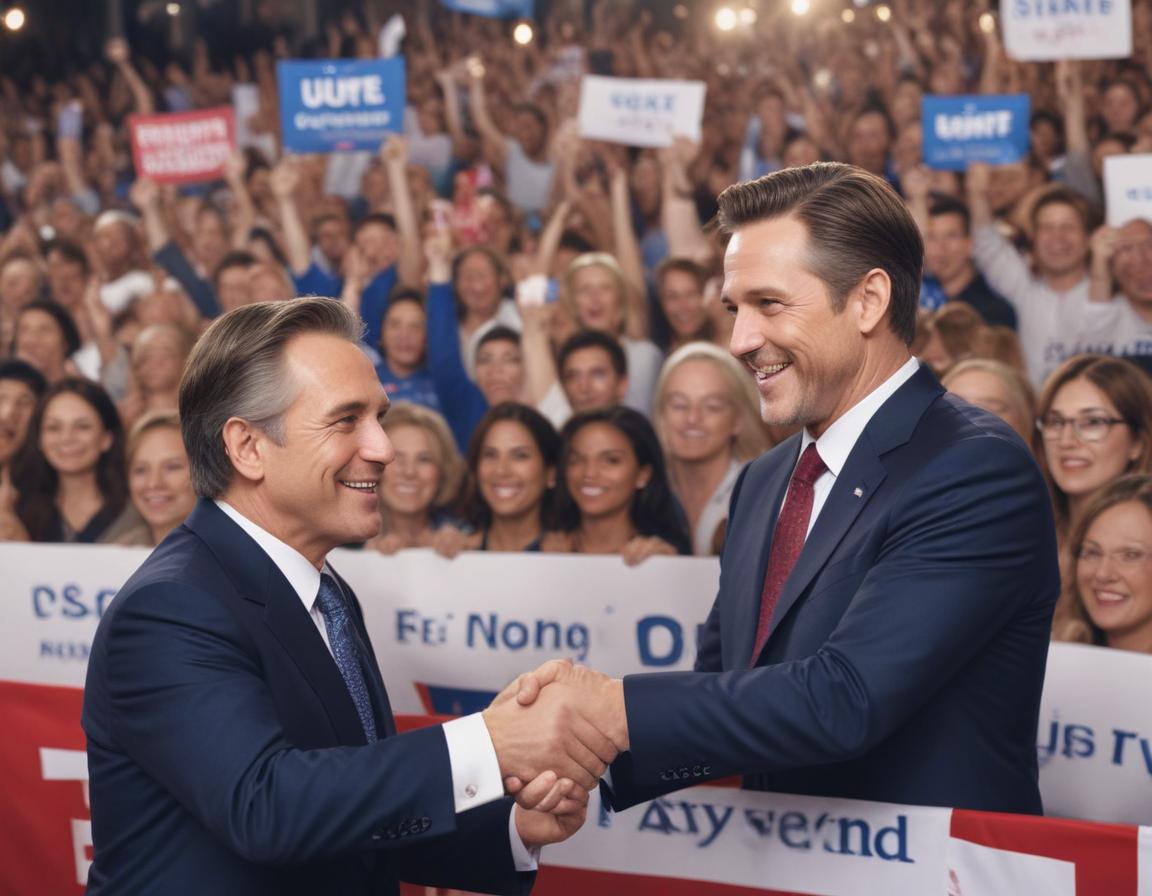
The Power of Social Media
Social media has become a game-changer in accelerating the political influence of celebrities. Platforms like Twitter, Instagram, and TikTok provide direct channels for stars to engage with their audiences without traditional media filters. A single tweet or story sharing a political issue can spark widespread national conversations faster than most mainstream media outlets.
For example, celebrities using hashtags calling for reforms—whether for climate change, justice reform, or voter awareness—can ignite conversations and even compel policymakers to respond. Viral campaigns thrive when stars lend their voices to causes, rallying millions of followers to take actionable steps. From sharing petitions to encouraging donations, celebrity-powered online activism has **reshaped political engagement.**
However, not all advocacy efforts are seen as authentic. Audiences sometimes question whether these campaigns are genuine acts of activism or merely efforts to stay visible and relevant. That said, when executed authentically, these efforts narrow the gap between celebrities, real-time public engagement, and political change.
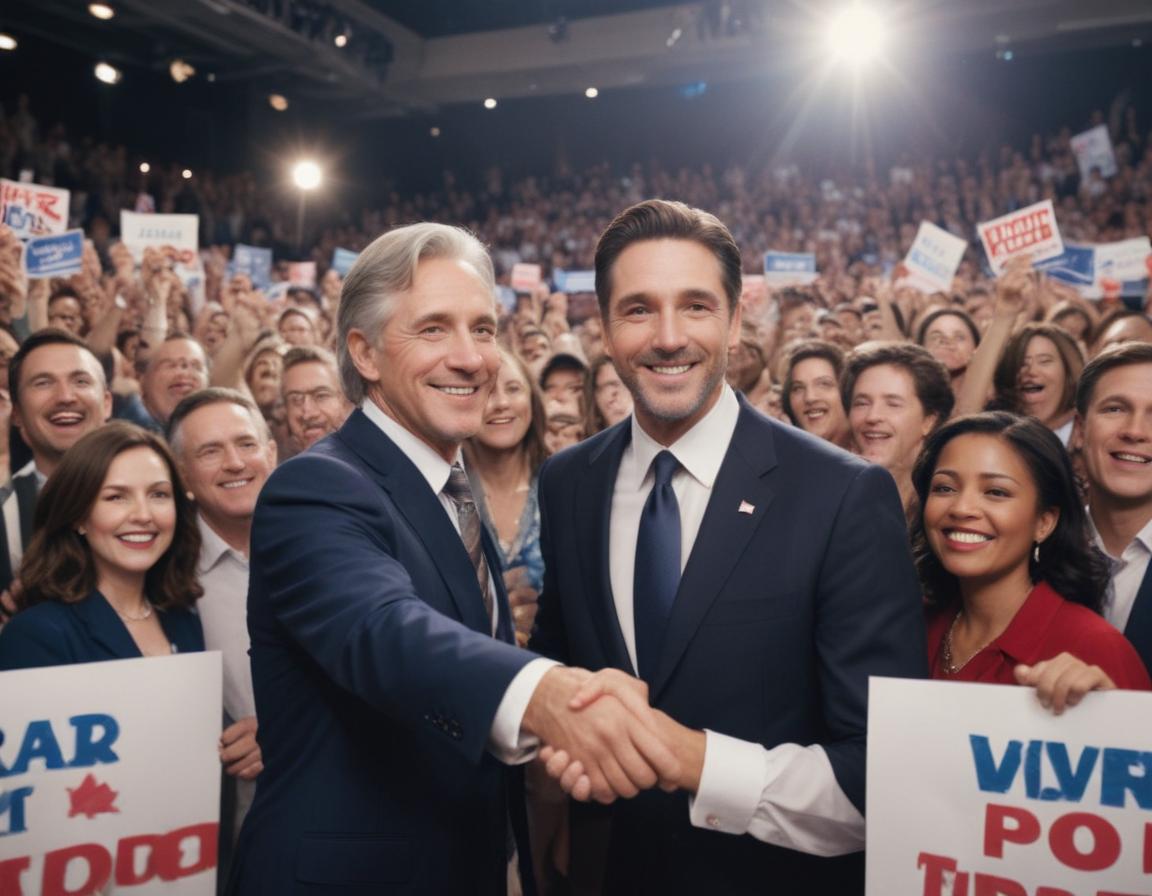
Risks and Criticisms
While the positive effects of celebrity-driven political conversations are evident, this crossover between entertainment and politics comes with risks. Critics argue that celebrities, although influential, often lack the expertise needed to comprehend and represent intricate policy matters. For example, detailed topics like healthcare reform, foreign policy, or economic strategies demand more than a social media post or a campaign speech.
Oversimplifying these nuanced issues can mislead audiences or stall meaningful conversations. In some cases, celebrities unintentionally share misinformation, which spreads quickly to their followers. For example, sharing unverified news or statistics often causes unintended harm. Moreover, heated celebrity opinions often exacerbate polarization and alienate moderate or opposing viewpoints, further dividing the public across political lines.
Nevertheless, some celebrities are rising to the occasion by partnering with experts, conducting thorough research, and ensuring factual accuracy in their statements. The responsibility also lies with audiences to remain discerning when engaging with politically charged celebrity content.
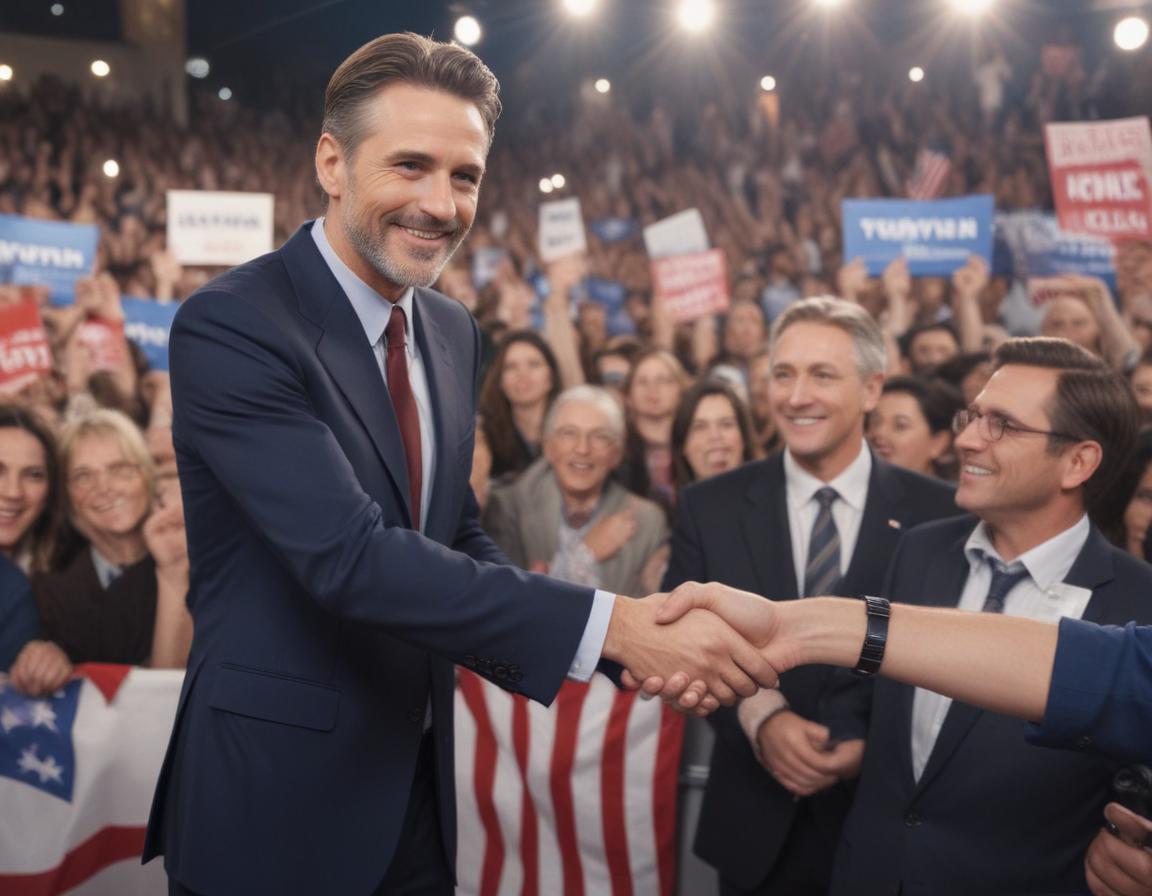
Case Studies: Celebrity-Political Crossovers
The intersection of celebrities and politics isn’t limited to endorsements or social media. Many celebrities step directly into formal political roles or activism. For instance, former Hollywood actor Arnold Schwarzenegger transitioned from stardom into politics, serving as Governor of California. Similarly, TV personalities and public figures have taken up campaigns or successfully run for public office.
Beyond direct political roles, some celebrities produce documentaries, books, or films designed to raise awareness about systemic social issues and neglected histories. These productions often inspire grassroots movements, such as advocating for racial equity, increasing community organizing, or funding crucial programs. This celebrity-driven approach connects global awareness to local action, driving real change.
Yet, as politics becomes more entwined with entertainment, questions arise. Does this trend strengthen democracy by making it more inclusive and accessible, or does it risk turning governance into a popularity contest?
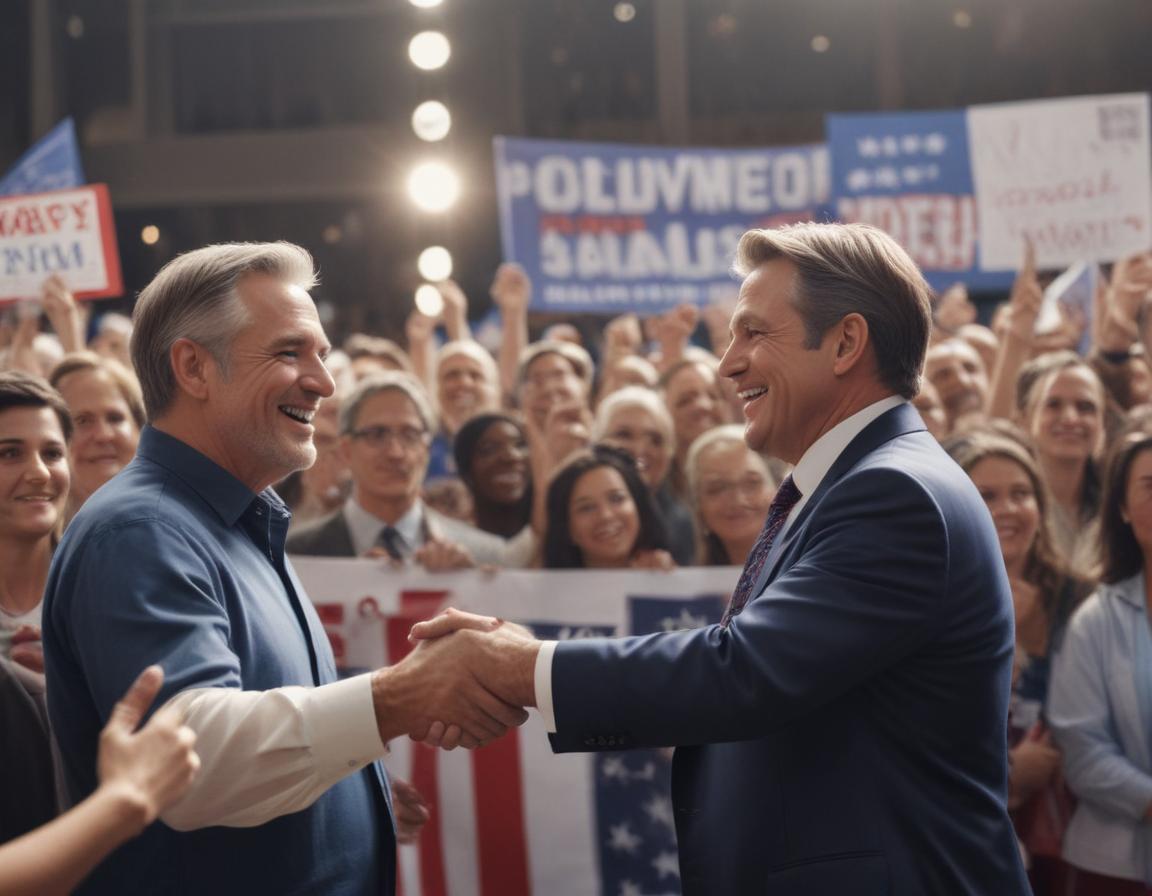
Conclusion: Reflecting on the Celebrity Influence
The intersection of celebrity influence and political discourse in the United States is an ever-evolving dynamic. As celebrities leverage their widespread platforms, their impact on public opinion and policymaking becomes increasingly undeniable. While their involvement has brought greater visibility to crucial causes, it also demands responsible advocacy, transparency, and critical consumption of their messages.
Ultimately, it’s up to us as citizens to engage thoughtfully, examine the substance behind celebrity-led political efforts, and participate in meaningful conversations. Stay informed, question the information you encounter, and support efforts that promote factual and nuanced discourse.
“`
